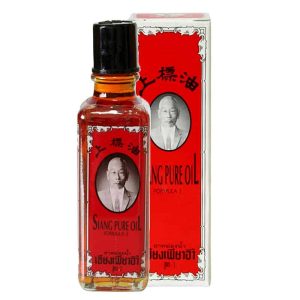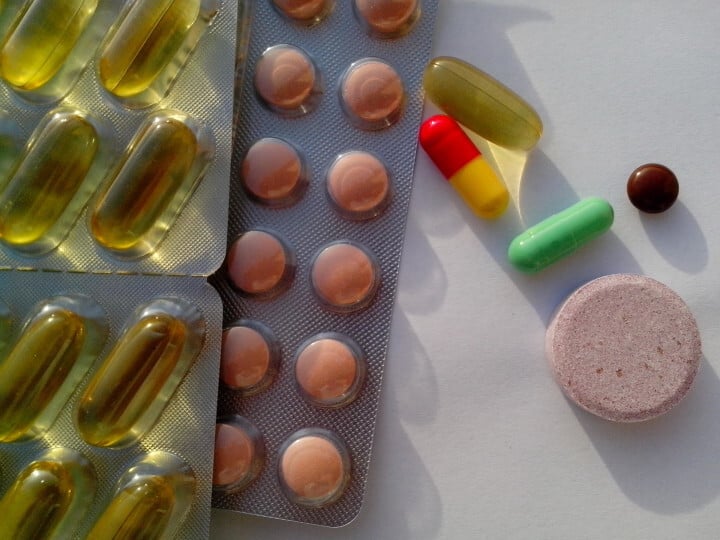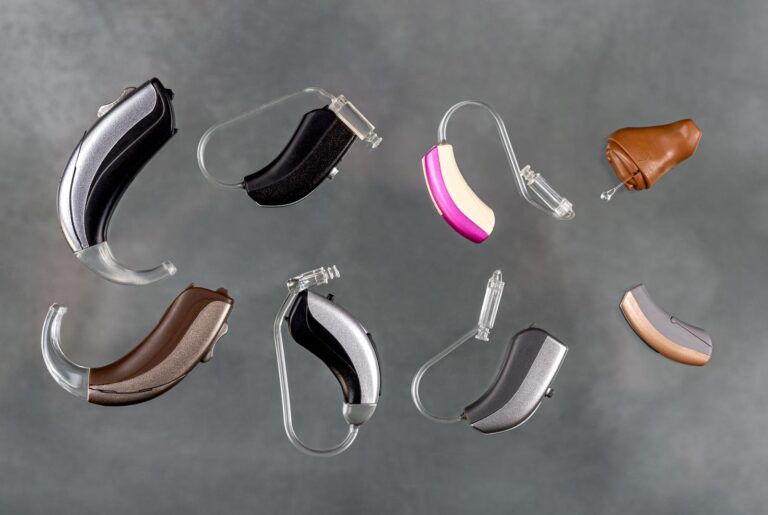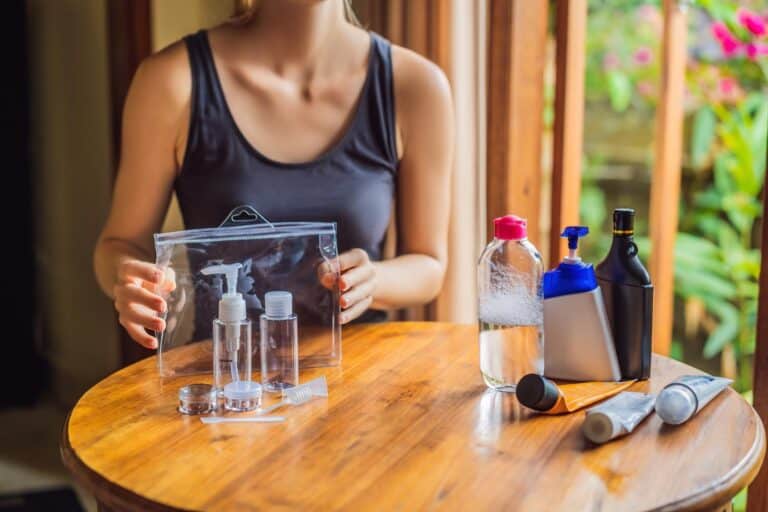Dental Hygiene 101: Essential Tips for Healthy Teeth
As our loved ones grow older or become sickly, it becomes increasingly important to be mindful of their overall health. Dental hygiene is overlooked in the grand scheme of things.
But did you know that oral health can affect one’s overall well-being? Caring for elderly and sickly loved ones requires extra attention and diligence, especially dental hygiene.
We will discuss in this post everything related to dental hygiene and how caregivers can take practical steps to maintain good oral health for their loved ones.
We will also cover tips on choosing the right toothpaste, brushing techniques, flossing, and much more! So, if you want your loved one to have a healthy smile and enjoy all the benefits that come with it, read on!
What Do You Mean by Dental Hygiene?
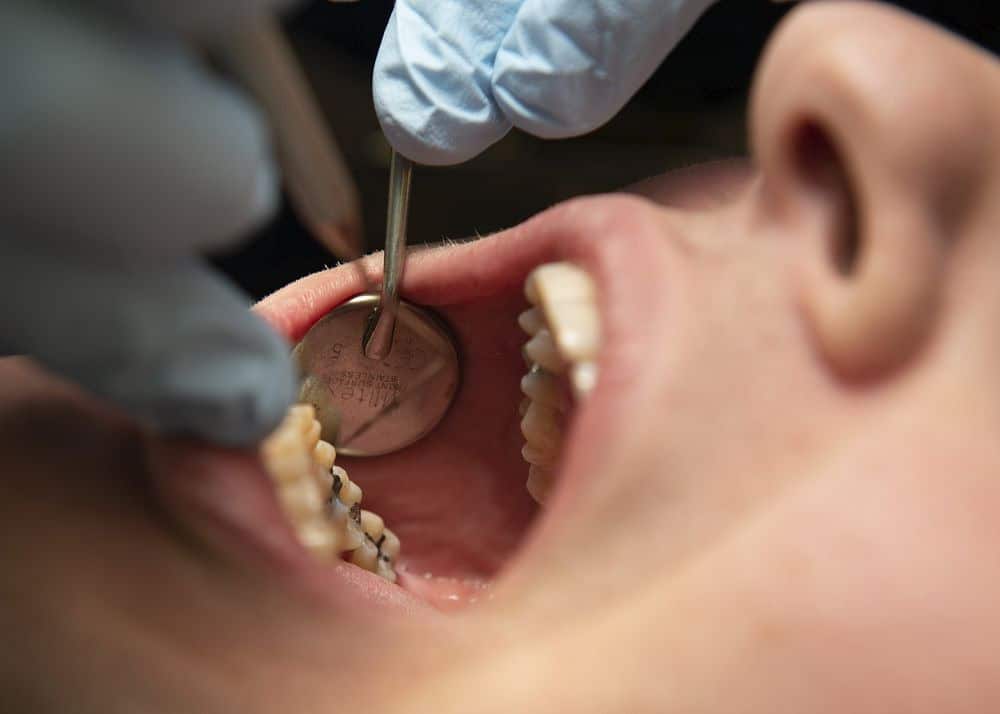
Maintaining good oral health is the primary goal of dental hygiene. It involves regular brushing, flossing, and dental check-ups.
These practices help prevent dental issues like cavities and gum disease. Taking care of your oral health keeps your teeth and gums healthy and contributes to your overall well-being.
Dental hygiene is essential for older adults who may experience issues like sensitive teeth and inflammation. You can maintain your natural teeth and prevent dental plaque buildup.
What is the Purpose of Dental Hygiene
Regular dental hygiene is crucial in oral health for elderly and sickly individuals. It promotes healthy teeth and gums by preventing oral health problems such as cavities, gum disease, and tooth loss.
Moreover, it contributes to fresh breath and overall well-being. Dental hygiene improves the quality of life and reduces the risk of oral cancer and other serious dental issues.
Through proper oral care, they can preserve their natural teeth and enjoy a healthier smile.
Identifying Common Dental Issues
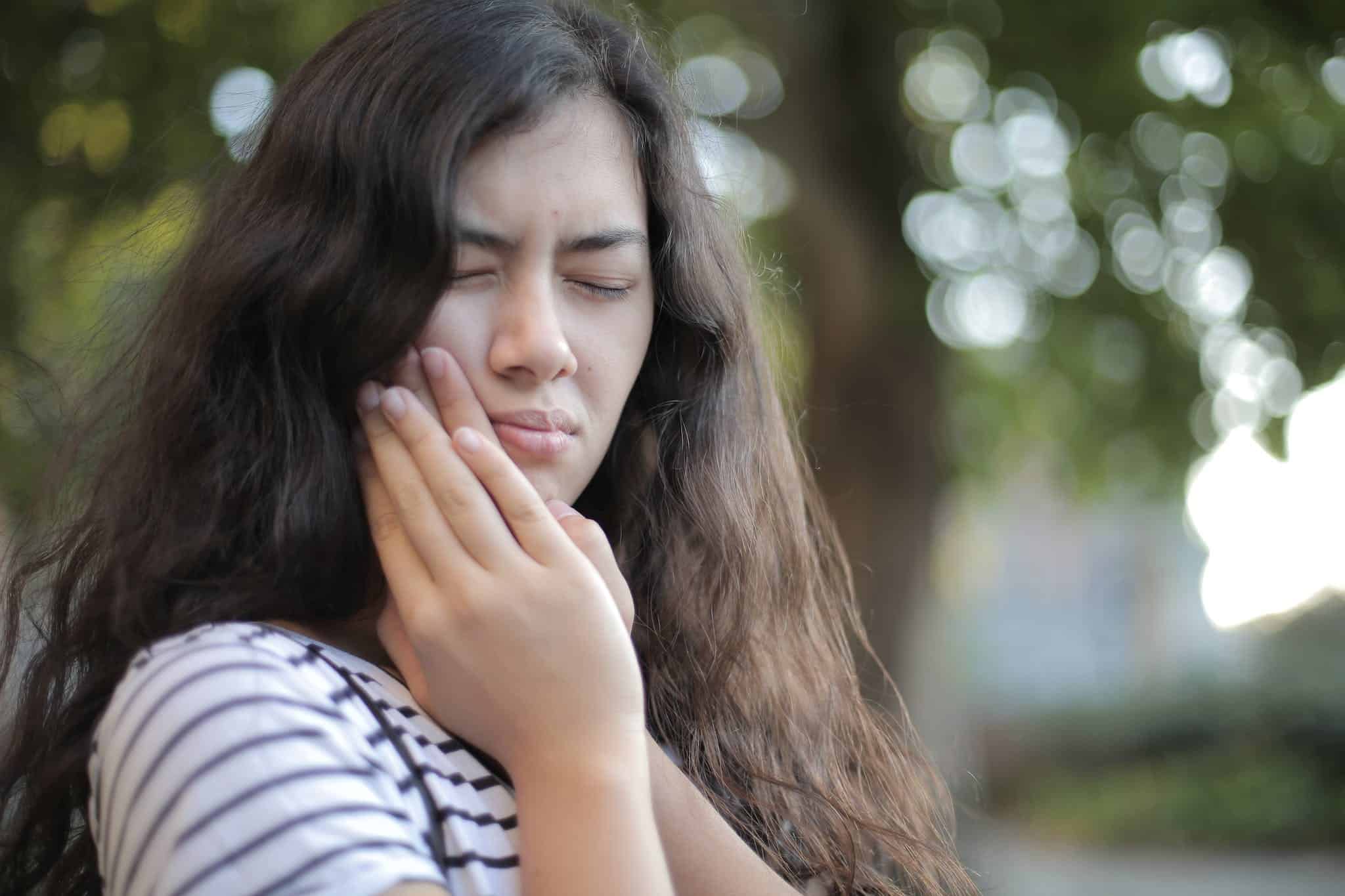
As we age or face health challenges, be aware of common dental issues that can arise. Early identification and treatment of these issues are crucial for maintaining oral health and overall well-being. These include:
- Cavities – are often caused by poor oral hygiene and can lead to tooth decay
- Gum disease (periodontitis) – can result in tooth loss if left untreated
- Tooth sensitivity – caused by exposed tooth roots or worn enamel.
- Toothache – often caused by tooth decay, gum disease, or tooth trauma. It causes mild discomfort or excruciating pain. Consider using a hot and cold pack, pain relief and medicated plasters if it happens. Check out the following products for more pain reliever choices.
Linking Oral Health with Overall Health in the Elderly
Poor oral health in older adults can contribute to systemic health problems such as heart disease and diabetes. Gum disease, also known as gingivitis, has been linked to these conditions.
Additionally, oral infections can weaken the immune system and impact overall health.

Maintaining good oral hygiene is essential for enhancing the quality of life for seniors. Regular dental check-ups are crucial for early detection and treatment of oral health issues.
Older adults can improve their well-being and prevent potential health complications.
Hygienist vs Dentist
Both hygienists and dentists play vital roles. Dental hygienists focus on preventive care and cleaning, performing cleanings, taking X-rays, and providing oral health education.

On the other hand, dentists diagnose and treat dental issues such as cavities and gum disease. They also perform procedures like fillings, root canals, and extractions.
Working together, hygienists and dentists ensure that patients receive comprehensive oral care to maintain good dental hygiene and overall health.
Practical Dental Hygiene Tips for Caregivers
Providing dental care for elderly or sickly loved ones can be challenging, but there are practical tips that caregivers can follow.
Choosing the Right Toothpaste: Role of Fluoride for Healthy Teeth
When it comes to dental hygiene for elderly and sickly loved ones, choosing the right toothpaste plays a crucial role. One important factor to consider is the presence of fluoride in toothpaste, like in Colgate, Sensodyne and Darlie’s toothpaste.

Fluoride helps strengthen tooth enamel and prevent tooth decay and cavities. It’s essential to consult with a dentist to determine the appropriate fluoride concentration for your loved one’s specific needs.
During dental visits, discuss the fluoride toothpaste options for them.
The Art and Science of Brushing: Technique Matters

Mastering the art of brushing is crucial for maintaining good oral hygiene, especially for older adults and those with health conditions. To ensure effective brushing:
- Teach the proper technique using gentle circular motions.
- Highlight the importance of brushing twice for at least two minutes to remove dental plaque and prevent gum recession.
- Encourage using a timer or an electric toothbrush with a built-in timer to ensure thorough brushing.
- Remind caregivers to be patient and supportive during brushing sessions to create a positive experience.
Why is Dental Floss Crucial in Maintaining Dental Hygiene?

Flossing is vital in maintaining dental hygiene by removing plaque between teeth. It helps prevent gum disease and tooth loss using a gentle back-and-forth motion. Caregivers should assist elderly or sickly loved ones with flossing, using dental floss or interdental brushes.
The Role of Mouthwash in Enhancing Oral Care
When it comes to enhancing oral hygiene, mouthwash plays a crucial role. One of its benefits is that it can reach areas that a toothbrush may miss, providing a more thorough clean.
Antimicrobial mouthwash like betadine is recommended as it helps reduce germs and freshen your breath. Fluoride mouthwash is effective in preventing tooth decay.

It’s essential to consult a dentist to determine the appropriate mouthwash for specific needs. Remember to use mouthwash as directed by dental professionals for optimal results.
Understanding the Use of Teeth Whitening Products

When considering teeth whitening products, weigh the potential benefits and risks. Consulting with a dentist is crucial to ensure safety and effectiveness.
While whitening treatments can enhance the appearance of teeth, it’s essential to maintain good oral hygiene alongside these treatments.

Caregivers should also explore alternatives, such as stain-removal toothpaste, which can be gentler on sensitive teeth.
Ultimately, considering the individual’s overall oral health and sensitivity is key in determining the suitability of whitening products.
How to Manage Stains on Teeth?
Preventing teeth stains can be achieved by minimizing the consumption of stain-causing food and drinks. Regularly brushing and rinsing after consuming such substances is recommended.
Avoiding tobacco products and excessive consumption of staining agents is also advised.

For stubborn stains, professional teeth cleaning might be necessary. Consult a dentist for personalized strategies to manage teeth stains.
Dental Visits: How Often Should They Be Scheduled?
Regular dental check-ups are crucial for maintaining oral health in elderly and sickly individuals. The frequency of visits depends on their specific needs, but it is generally recommended to schedule appointments every six months.
Preventive care plays a vital role in preventing dental issues. Caregivers should accompany their loved ones to these appointments.
In-office Dental Services in Singapore: What to Expect?
When visiting a dental office in Singapore, you can expect a range of in-office dental services. These may include cleanings, fillings, and root canal treatments. With advances in dental technology, the patient experience is enhanced.
Open communication with the dental team is crucial, so don’t hesitate to ask questions and voice concerns during your visit.
Understanding Dental Procedures: Crowns, Implants, and More

When it comes to dental procedures, there are various options, such as crowns and implants. Crowns restore damaged teeth, while implants offer a long-term solution for missing teeth.
Both procedures have their benefits and considerations. Discuss these options with a dentist to determine the most suitable solution for your loved ones.

Additionally, alternatives like dentures or bridges should also be explored. However, it’s crucial to consider the long-term implications and potential costs.
At-Home Dental Care Products
In conclusion, taking care of dental hygiene is crucial for the overall well-being of the elderly and sickly individuals. It helps prevent oral health issues and contributes to their overall health.
As a caregiver, it’s vital to be knowledgeable about common dental issues and the proper techniques for brushing, flossing, and using mouthwash. Regular dental visits are also essential for maintaining good oral health.

Opt for dental products with fluoride as it helps avoid tooth decay. Always use a soft-bristled toothbrush to prevent gum irritation.
Consider using an electric toothbrush for more comfortable and more effective cleaning. Incorporate dental floss or interdental brushes to remove plaque. Use mouthwash to freshen their breath and reduce bacteria.
A take-home dental kit for seniors should include a gentle soft-bristled toothbrush, fluoride toothpaste to strengthen teeth, dental floss or interdental brushes for effective plaque removal, a water flosser for those with limited skill, and a non-alcoholic mouthwash to maintain oral hygiene.

Remember, good dental hygiene can significantly improve their quality of life. So, show them empathy, patience, and understanding while assisting them with their dental care routine.






